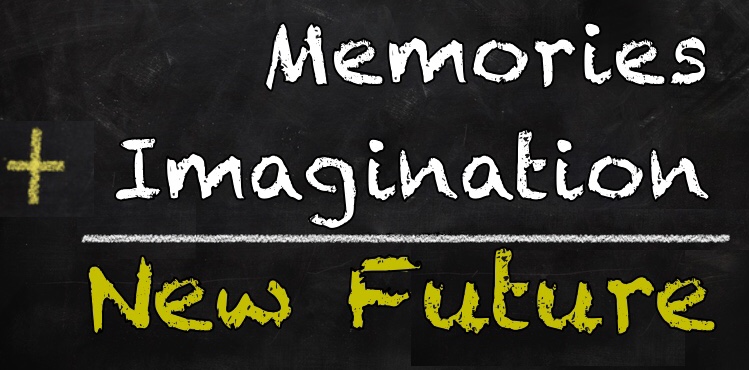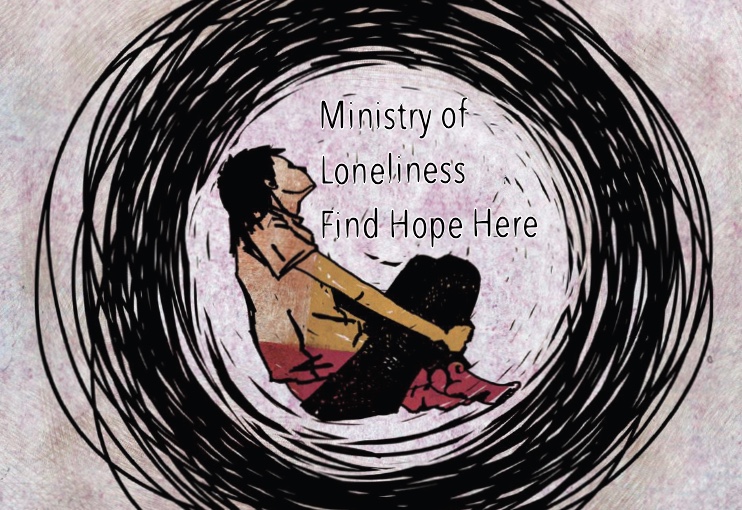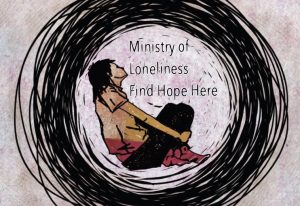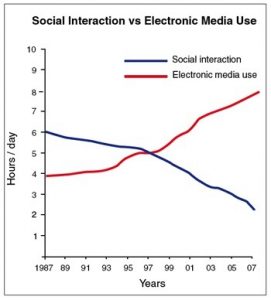
 Memories for the Imagination
Memories for the Imagination
“Now when all the nation had finished crossing the Jordan, the Lord spoke to Joshua, saying, “Take for yourselves twelve men from the people, one man from each tribe, and command them, saying, ‘Take up for yourselves twelve stones from here out of the middle of the Jordan, from the place where the priests’ feet are standing firm, and carry them over with you and lay them down in the lodging place where you will lodge tonight.’”… Let this be a sign among you, so that when your children ask later, saying, ‘What do these stones mean to you?’ then you shall say to them, ‘Because the waters of the Jordan were cut off before the ark of the covenant of the Lord’… So these stones shall become a memorial to the sons of Israel forever” (Joshua 4:1-7, NASB).
What do you remember? We recall lots of facts, but many important events and experiences are often forgotten. When the nation of Israel was freed from slavery and led to the promised land about 3,400 years ago (circa1451-1260 BCE), God wanted them to remember how the waters of the Jordan Rover were held back allowing the people to cross on dry ground! He instructed that 12 large stones carried from the other side be placed along the river bank as a memorial. “When the children ask, ‘What do these stones man to you?’” They can tell the amazing story of safe passage. God knows we need help remembering from time to time and memorial stones become an object lesson with a story.
Cold Spring Church Historic Ancestors Walk– One way Cold Spring Presbyterian Church remembers God’s activity in our lives during three centuries is through the thousands of markers and memorial stones placed across our cemetery campus. Our cemetery staff continue the tradition of dignified and personalized service to families. In all shapes and sizes, stones not only mark where the remains of loved ones were safely laid, but they also represent individual and community stories worth retelling. Later this month our Historic Ancestors Walk cemetery tours will invite the Cape May community to enjoy its new season. Our history-loving team of costumed docents and storytellers will recount heartfelt struggles, sadness, and grief along with inspiring stories of success, triumph, and hope of those who have been buried here. Visit online for our schedule to be posted soon. If you enjoy history and would like to join the team, please contact Elaine Jordan or email hello@coldspringchurch.com for more information.
How We Remember– There are three main memory functions in our brains: Sensory, Short-term, and Long-term. Sensory memory fills up with what’s happening now. Short-term memory processes information for a few minutes longer. If we attribute importance to it and repeatedly access it, it becomes a short-term working memory. Information that has great value to us is kept indefinitely as Long-term memory. This is the “remembering” part of the brain that is encoded with meaning, smells, colors, and other sensory attributes. These memories can deeply affect our future behaviors and attitudes. Being aware of what we remember informs our future.
Memorial Day each year represents personal (and national) awareness and reverence, honoring those Americans who died while defending our Nation and its values. Our national “Remembering Day” emerged before the end of the Civil War when women who lost family and friends annually gathered to place flowers on the graves of those who had fallen in the service of their country. A hymn published in 1867, “Kneel Where Our Loves are Sleeping” by Nella L. Sweet carried the dedication “To The Ladies of the South who are Decorating the Graves of the Confederate Dead” (Source: Duke University’s Historic American Sheet Music, 1850-1920).
In what part of your brain’s memory is Memorial Day remembered? Many visited our cemetery last weekend. The Veterans’ graves were honored with flowers. Memorial Day can be a gratitude-driven day of remembering.
Communities Have Memories– Listening to each other’s “memories” and honoring the values attributed to them is a great way to build a sense of neighborliness, solidarity, and a spirit of humble gratitude in the community at large.
Not only do individuals have memory, but so do communities, groups, institutions, and companies. Kensington, a northeast Philadelphia community, suffered from traumatic and troubled neighborhood memories. These memories were reinforced by racism, classism, and sexism which later stigmatized not only the people, but the place, as well. The neighborhood’s quality of life and associated economies promoted historical and persistent injustice and the abuse fragmented families and communities. Instead of ignoring the community’s stigma, we embraced the community through personal and direct engagement which empowered the neighborhood to imagine a new future.
Our love for the entire community and an empathetic recognition of those painful memories created positive connections. Leaders accepted and reframed painful memories to empowering stories during individual and small group exercises. Resolution and hopefulness emerged using simple tools. For example, the children shared their stories and imagined new narratives using crayons. Adults explored their ethnographies on a room-sized timeline to better understand their long-term memories. An entire community was transformed and you can read about their story in my new book, Crayons for the City, Reneighboring Communities of Faith to Rebuild Neighborhoods of Hope.)
Memories shape our life-narrative, and are affected by our biases. All of us have biases that change the way we evaluate information and form ideas, whether ideas about out past or when considering the future. When we are aware of our biases, we can honestly reflect on them, be more thoughtful, and our behaviors become more intentional. But when we are less aware of our biases, attitudes, moods, and predispositions, our understanding is clouded. Distorted memories can prevent us from being open to new ideas and cause us to feel stuck in the past, unable to move forward.
Deeply felt memories can be seductive. Like a familiar pair of comfy slippers, memories can lock us into debilitating sentimentality, or fear, anxiety, and pettiness. People gathering as congregations or teams can devolve into a Memory Organization (stuck in the past story) instead of growing into being an Imaginative Organization (co-creating a new future story).
Memories alone and without a shared context can provide marginal benefit and few positive outcomes. But memories can inform new, creative, learning that results in fresh ways of authentic, intentional, and active engagement and outcomes.
Many of our memories can imaginatively enrich the lives of those around us as we embrace a better, hopeful future.
Get Ready To Focus Your Vision! After worship in Price Hall on Sunday, June 24, you’re invited to enjoy a special luncheon that will be followed by an exciting and interactive learning experience for the entire congregation. We will build on our memories as we focus on our future vision. Pastor Kevin and Melissa will lead this special event. Will we discover how to grow from being only a Church with memories? to becoming a Spirit-led community of mission imagination! Plan to attend. All are welcomed!
Memorial Day is a great time to recall stories of those who sacrificed their lives in service to their country. Let’s honor them by using our memories to unlock our imaginations in God’s emerging future.
“Memories are not keys to the past, but to the future.” Corrie ten Boom


 Lonely? Find hope here!
Lonely? Find hope here! And making maters worse, our time spent on device is less about producing content or helping us pay better attention, and more about consuming entertainment. We have tools of communicating, which is great. But we are not very good using tools to help us connect to the people and places in our life that matter the most.
And making maters worse, our time spent on device is less about producing content or helping us pay better attention, and more about consuming entertainment. We have tools of communicating, which is great. But we are not very good using tools to help us connect to the people and places in our life that matter the most.